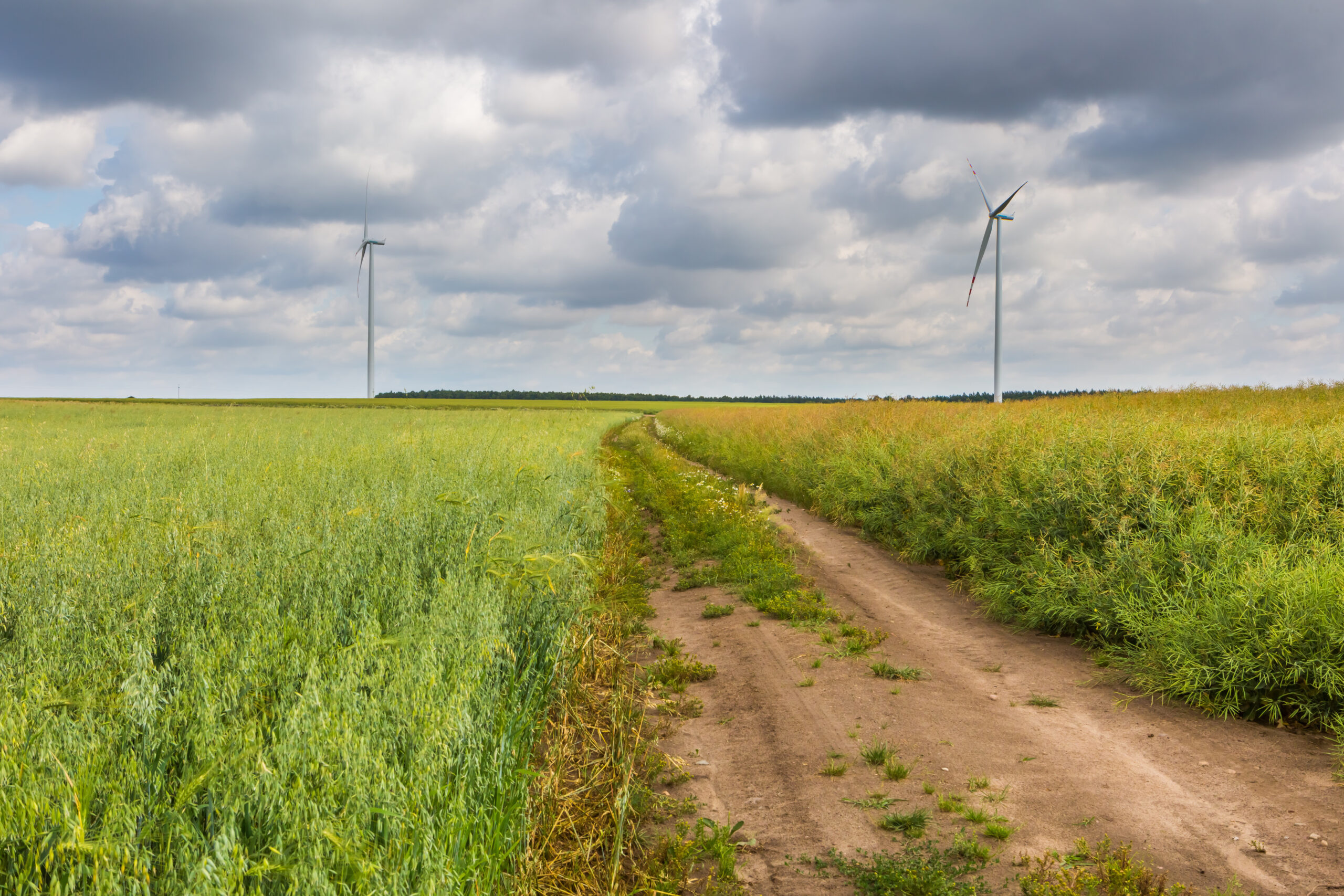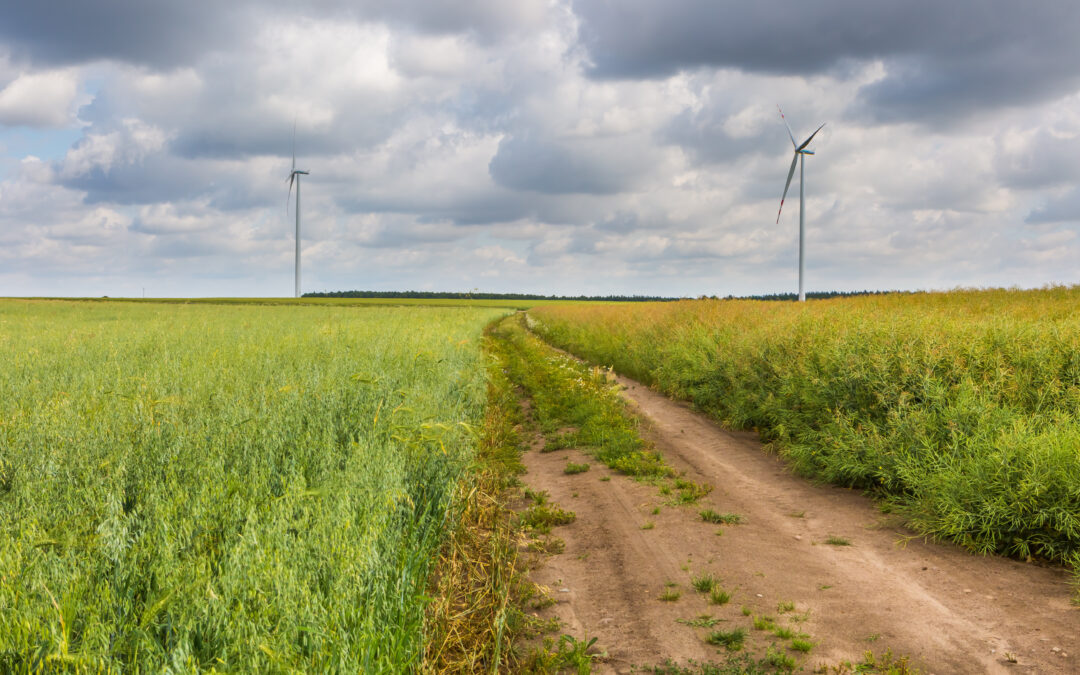Welcome to the world of self-reliance! In this modern age, where everything is fast-paced and convenient, it can be challenging to live off the grid. However, there are many benefits to living a sustainable life, including reducing your carbon footprint, saving money on bills, and becoming more independent.
In this blog post, we will explore tips for growing your own food, generating energy independently, building a sustainable home, and other ways to become self-sufficient in the modern age. Let’s get started!

Tips for Growing Your Own Food:
Growing your own food is not only healthy but also cost-effective. Here are some tips that you can follow to grow your own food:
1. Start small – Begin with a small garden or plot and gradually expand as you gain experience.
2. Choose the right plants – Select crops that are easy to grow and require less maintenance. You can start with vegetables like tomatoes, lettuce, spinach, and radishes.
3. Use natural fertilizers – Instead of using chemical fertilizers, use organic matter like compost and manure to enrich the soil.
4. Water wisely – Water your plants regularly, but avoid overwatering them. Use drip irrigation systems to conserve water.
5. Protect from pests – Use natural methods like companion planting and natural insect repellents to keep pests away.
Generating Energy Independently:
Living off the grid means generating your own energy. Here are some ways to do so:
1. Solar power – Install solar panels to generate electricity from sunlight.
2. Wind turbines – If you live in an area with consistent wind, install a wind turbine to generate electricity.
3. Hydroelectric power – If you have a stream or river running through your property, consider installing a hydroelectric generator.
4. Biomass energy – Use wood chips or agricultural waste to produce heat and electricity.
Building a Sustainable Home:
A sustainable home is one that is designed to minimize its environmental impact. Here are some tips for building a sustainable home:
1. Use eco-friendly materials – Opt for renewable resources like bamboo flooring, recycled plastic insulation, and straw bale walls.
2. Maximize natural light – Design your home to maximize natural light and reduce the need for artificial lighting.
3. Insulate properly – Proper insulation helps maintain a comfortable temperature inside without relying on air conditioners or heaters.
4. Collect rainwater – Install a rainwater harvesting system to collect rainwater that can be used for irrigation and flushing toilets.
Conclusion:
Self-sufficiency may seem daunting at first, but with these tips, you can achieve a sustainable lifestyle in the modern age. Living off the grid not only reduces your carbon footprint but also provides numerous benefits such as reduced bills, increased independence, and a closer connection to nature. So, why wait? Start your journey towards self-sufficiency today!
Related Content
- The Basics of Aquaponics Combining Fish and Plants
- From Seed to Harvest: A Guide to Planting, Caring for, and Harvesting Your Own Crops at Home
- Here are Some Easy Food Storage Tips
- Why Choose Organic Gardening? The Pros and Cons Explained
- Grow Your Own Food, Raise Your Own Livestock: The Benefits of Homesteading





